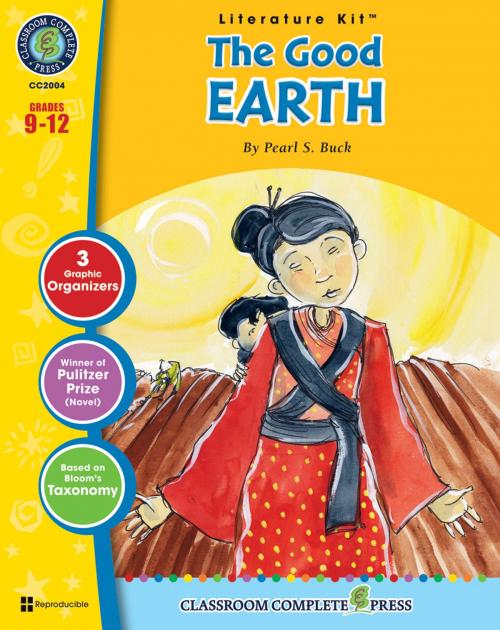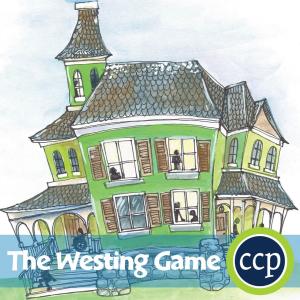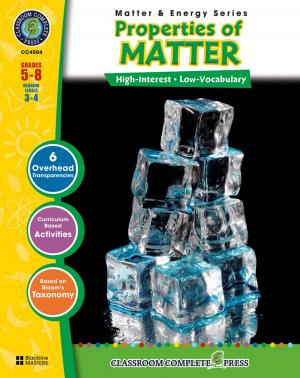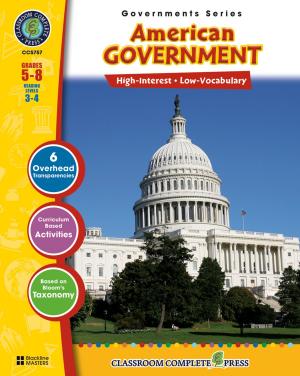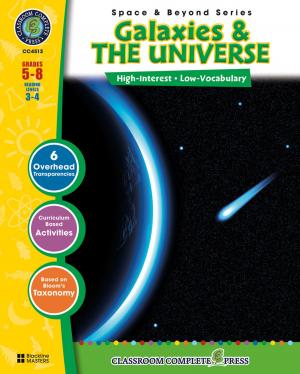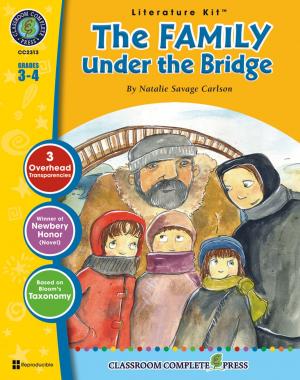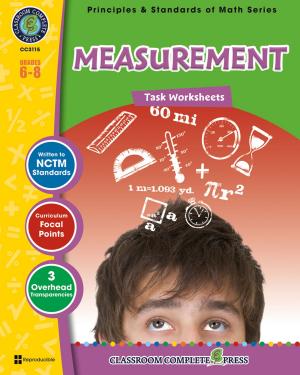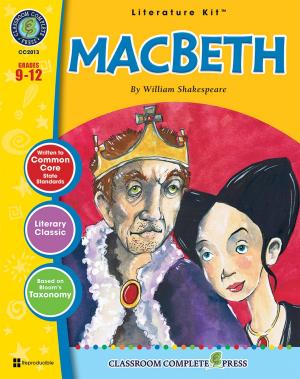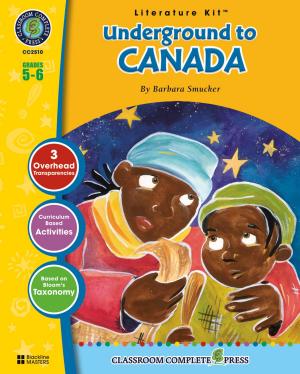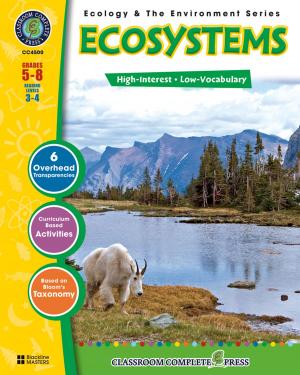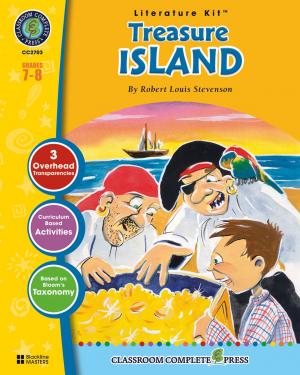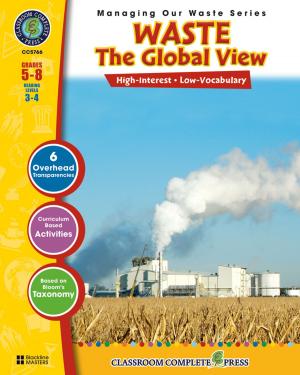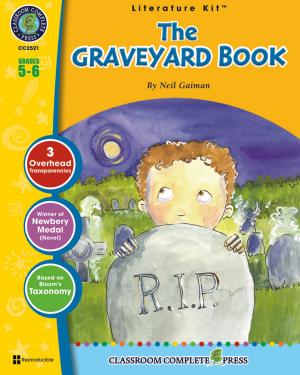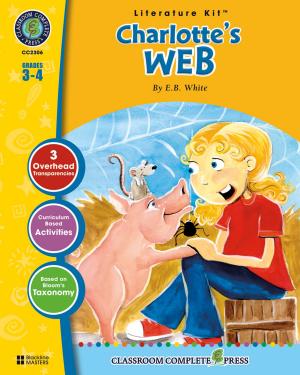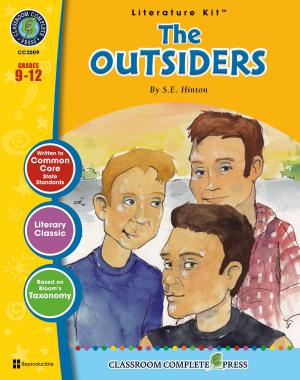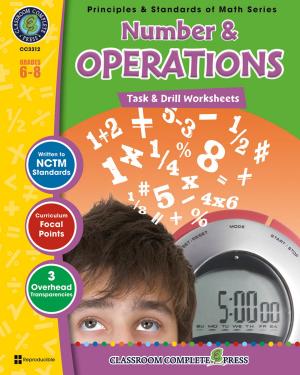The Good Earth - Literature Kit Gr. 9-12
Fiction & Literature, Literary Theory & Criticism, Children&, Nonfiction, Reference & Language, Education & Teaching, Teaching, Teaching Methods| Author: | Michelle Jensen | ISBN: | 9781553199915 |
| Publisher: | Classroom Complete Press Ltd | Publication: | January 7, 2013 |
| Imprint: | Classroom Complete Press | Language: | English |
| Author: | Michelle Jensen |
| ISBN: | 9781553199915 |
| Publisher: | Classroom Complete Press Ltd |
| Publication: | January 7, 2013 |
| Imprint: | Classroom Complete Press |
| Language: | English |
Experience the hardships and tribulations of a Chinese family living in poverty prior to World War II. Our resource acts as a great supplement to the novel in order to help students comprehend it deeper. Set the tone by brainstorming the traditional ways people celebrate the birth of babies. Analyze the actions of Wang Lung's uncle to describe his true character. Identify what is being described from the metaphors and similes in the text. Understand key vocabulary words prior to reading with fill-in-the-blank paragraphs. Research the meaning of each form of literary irony, then identify the type of irony used in the novel. Write a sensory poem to express the many representations of the land to Wang Lung. Aligned to your State Standards and written to Bloom's Taxonomy, additional crossword, word search, comprehension quiz and answer key are also included.
About the Novel:
The Good Earth is a Pulitzer Prize-winning story about family life in a Chinese village before World War II. Wang Lung and his new wife O-Lan buy land from the Hwang family in the hopes of starting a modest farm. During this time, O-Lan gives birth to three sons and three daughters. The first daughter becomes mentally handicapped due to severe malnutrition and famine, causing O-Lan to kill the second daughter and sell the third to a merchant. Famine and drought force the family to leave for a large city in the South to find work. Arriving in the city, Wang Lung finds a job pulling a rickshaw, while his family turns to begging. Things get better when armies approach the city and a food riot erupts. Wang Lung receives enough money to return home and have a prosperous life.
Experience the hardships and tribulations of a Chinese family living in poverty prior to World War II. Our resource acts as a great supplement to the novel in order to help students comprehend it deeper. Set the tone by brainstorming the traditional ways people celebrate the birth of babies. Analyze the actions of Wang Lung's uncle to describe his true character. Identify what is being described from the metaphors and similes in the text. Understand key vocabulary words prior to reading with fill-in-the-blank paragraphs. Research the meaning of each form of literary irony, then identify the type of irony used in the novel. Write a sensory poem to express the many representations of the land to Wang Lung. Aligned to your State Standards and written to Bloom's Taxonomy, additional crossword, word search, comprehension quiz and answer key are also included.
About the Novel:
The Good Earth is a Pulitzer Prize-winning story about family life in a Chinese village before World War II. Wang Lung and his new wife O-Lan buy land from the Hwang family in the hopes of starting a modest farm. During this time, O-Lan gives birth to three sons and three daughters. The first daughter becomes mentally handicapped due to severe malnutrition and famine, causing O-Lan to kill the second daughter and sell the third to a merchant. Famine and drought force the family to leave for a large city in the South to find work. Arriving in the city, Wang Lung finds a job pulling a rickshaw, while his family turns to begging. Things get better when armies approach the city and a food riot erupts. Wang Lung receives enough money to return home and have a prosperous life.
